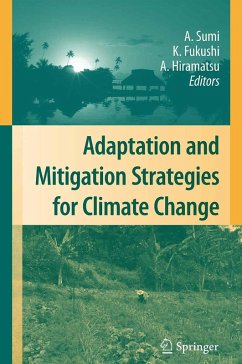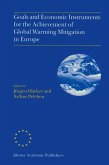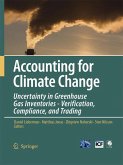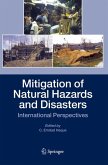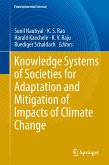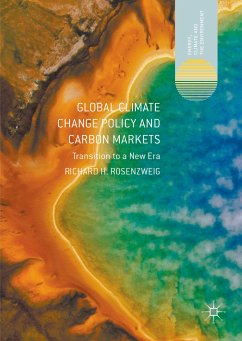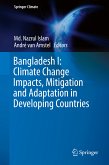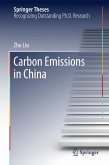In recent decades there has been a growing awareness of how intricate the interactions are between human beings and the environment. Fortunately, progress has been made in understanding this relationship, and new technologies have been effective in addressing environmental problems. However belatedly, there has been an acknowledgment of the incompatibility of the world's finite resources with humankind's increasingly greater needs for them, and of how such a challenge demands broadened collaboration among engineers, social scientists, politicians and financial powers. Global agreement that the essential issues of the twenty-first century cannot be solved by any one discipline has led to the concept of sustainability. The transdisciplinary contributions selected for inclusion in this book address these concerns with an overview of the diverse fields of study related to sustainability. This collection of work is intended to pave the way for further collaboration among scientists andnations as well. Chapter "Economy and Environment: How to Get What We Want" is available open access under a Creative Commons Attribution-NonCommercial-NoDerivatives 4.0 International License via link.springer.com.
Dieser Download kann aus rechtlichen Gründen nur mit Rechnungsadresse in A, B, BG, CY, CZ, D, DK, EW, E, FIN, F, GR, HR, H, IRL, I, LT, L, LR, M, NL, PL, P, R, S, SLO, SK ausgeliefert werden.

